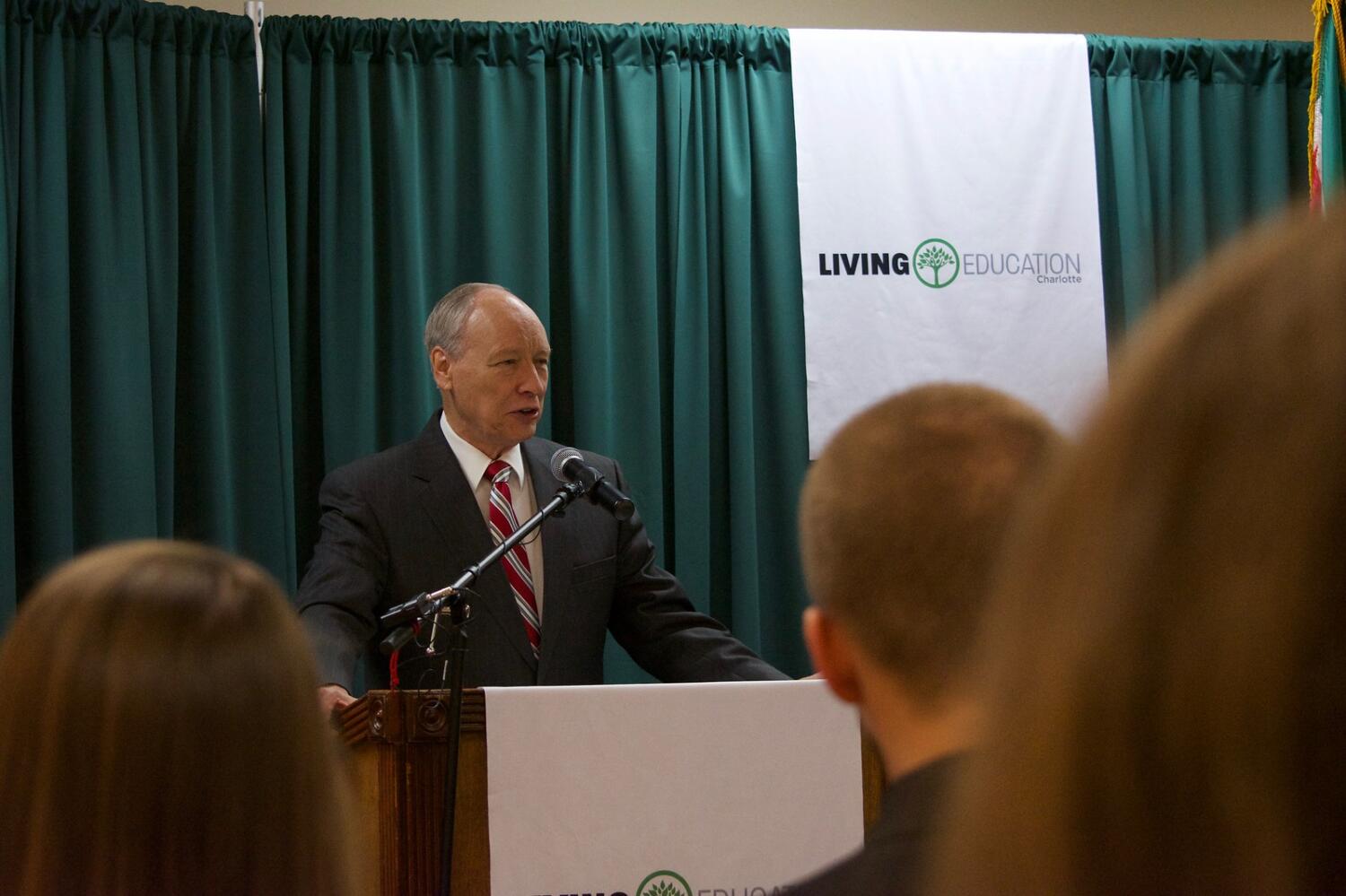Forum Summary: Should you become an entrepreneur?
Author: Ryan Price | Student, Living Education – Charlotte, 2021-22
Estimated Reading Time: 3 min.
Mr. Michael Thiel is an entrepreneur in advertising, currently writing ads and marketing in about ten industries.
For this his forum, Mr. Thiel gave a presentation on aspects of entrepreneurship and what it takes to become an entrepreneur.
What Does an Entrepreneur Do?
To become an entrepreneur, you must first have an idea for a product or service of some sort. Even if you lack total confidence in your idea, you can test it out, and if it works, knowing that it does will motivate you to move forward.
But if it fails, you can still analyze and learn from the failure. Progress is achieved by acknowledging your failures, reflecting on them, and learning from them. If you can do this, failure will have no effect on your ability to succeed—it will only help pave the way.
Requirements of Entrepreneurship
Once your idea is set in motion as a business, you will engage in two types of work as an entrepreneur: Productive work that benefits or furthers your efforts to build your business—such as getting clients, making products, etc.—and “unproductive” activities that might not get you more work, but still need to be done, such as accounting, filing taxes, etc. Beyond that, here are two things to keep in mind in order to be successful as an entrepreneur:
- You must love it! To keep your business alive, you must love either what you do or the market that you serve. That will be the source of your motivation to keep going—you can’t just be in it for the money. This motivation will help you persevere through difficult times.
- You must be flexible. You may have an idea that may not be marketable or doesn’t have a market at all; if you can’t sell your idea, but still stick to it no matter what, you’re heading for failure. Flexibility is key—sometimes you may need to try another idea or market to find success.
The Pros and Cons of Being an Entrepreneur
There are some downsides to entrepreneurship—you’ll have to pay higher taxes in the form of self-employment tax, you won’t be given health insurance or no paid time off, your pay will not be guaranteed, and everything that goes wrong will be your fault. Also, if you promise a customer something, it will be up to you to see it through, no matter what.
On the flip side, there are many perks: you won’t be pressured to work on the Sabbath, you won’t have to worry about job security, you will often be able to work from home, your travel will be tax-deductible in certain cases, you will get all the proceeds directly, you will be able to say no to work you don’t want to do, and you will be able to become known for your work.
If you can meet these requirements and stick with it, then, as Mr. Thiel said, you will have an overwhelming chance of turning your idea into a successful business.









